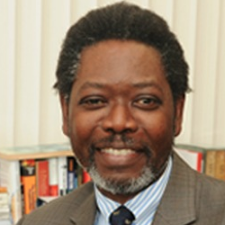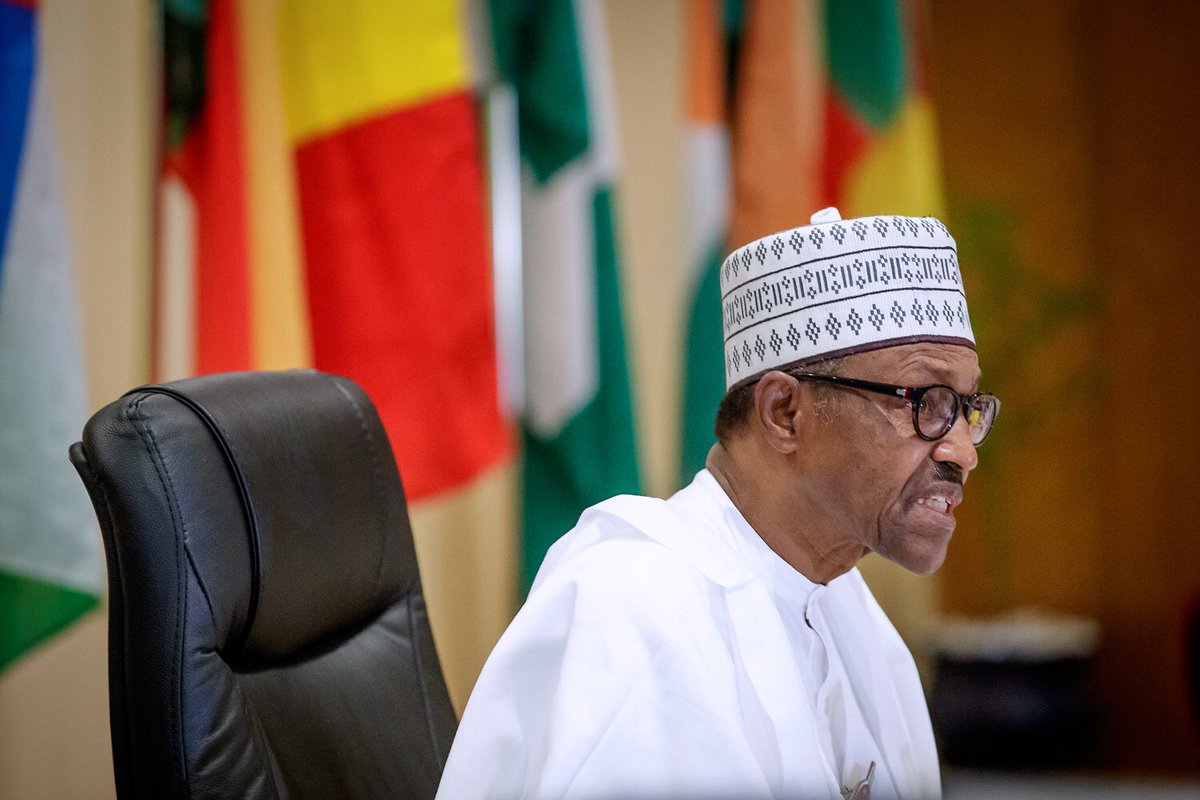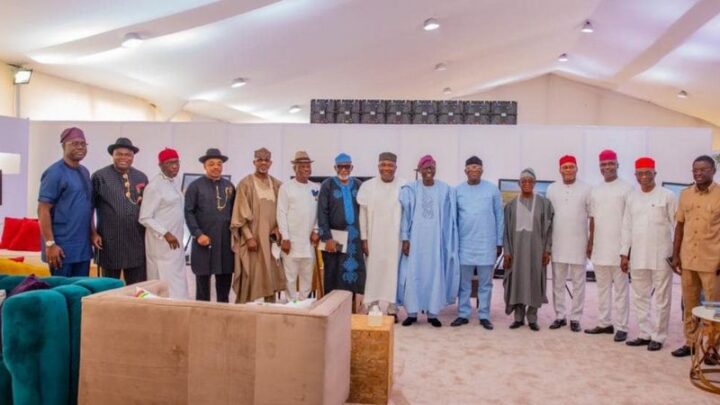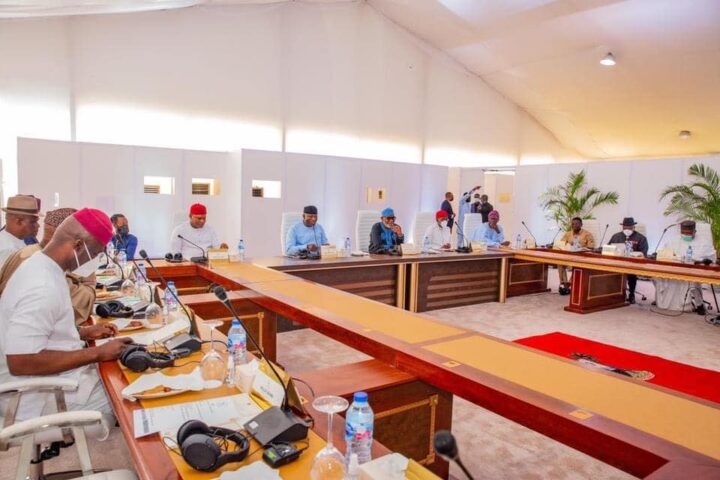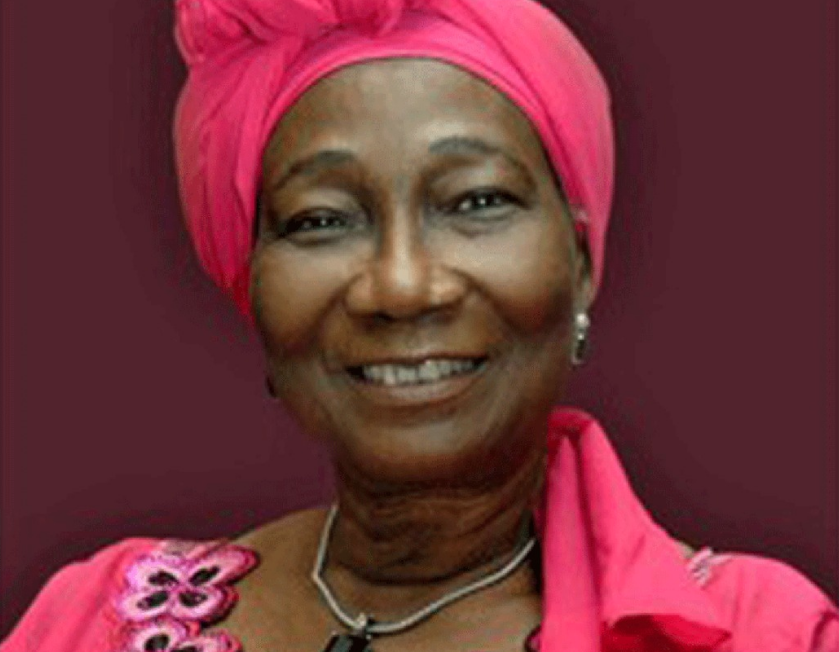A little over four years after Nigeria got its independence, a much-decorated, ebullient and well-spoken soldier, who many confirm has a preference for a shot of brandy now and again, emerged to be the first native General Officer Commanding (GOC) of the new Nigerian Army. His name was Johnson T. U. Aguiyi Ironsi, but his friends fondly called him Johnny Ironside. Even though he was the most senior Nigerian officer, Welby-Everard, the last British head of the colonial force, would not recommend Ironsi as Everard’s replacement. All the same, the Nigerian Prime Minister at independence, Honourable Tafawa Balewa went with seniority and named Aguiyi-Ironsi the first head of independent Nigeria’s Army.
Ironsi was presented with his most critical challenge as GOC on January 15, 1966 when a group of young officers carried out the most violent coup d’état known to Africa at the time. One of the leaders of the insurrection was another brilliant, well-liked Nigerian army officer, Major Chukwuma Kaduna Nzeogwu. Virtually all of the officers involved in the planning of that rebellion were Igbos. Ironsi promptly put down the insurrection, got the politicians to “surrender” their mandate and took over as the new Nigerian Head of State. Ironsi rounded up most of the insurrectionists, locked them up and then faced the herculean task of stitching back together a fractured country. His mission would be made even more difficult because of the nature of the Nzeogwu coup. Virtually all the coup plotters were of Nzeogwu and Ironsi’s ethnic Igbo group, but almost all of their victims were not. In fact, the coup was as good as not to have taken place in the Eastern part of the country.
Because Nzeogwu was popular and known to be principled, having spoken out many times against corruption, ethnicism and the other ills tearing the young nation apart, his coup was initially popular among the general population, particularly in the South. But the seeming one-sided nature of the outcome gave reasons for others to question the motive. Those in the army, who cared little about the politicians killed, were not at all happy that soldiers and senior officers were also assassinated by the coup plotters. The event injured the strong camaraderie among the officers and men of the Nigerian army, the one institution that was relatively insulated from the ethnic politics that the regional focus of the 1951 Macpherson constitution had inspired. Many of the men of the army, particularly those from the north, were looking forward to a quick trial and punishment of those of their colleagues involved in the coup. But the coup plotters were also being hailed as heroes in parts of the country. In the event, Ironsi thought it better to make haste slowly.
While the General grappled with the requirements of his new office, the displaced politicians of the First Republic did not simply disappear into the night to leak their wounds. They quickly recovered from their recent trauma and loss of power and mounted a robust propaganda campaign especially in the North. Their primary aim was to discredit the January 15 revolution. The campaigners pointed out the lopsidedness of the ethnic make-up of victims and the predominantly Igbo composition of the plotters. They then concluded that the sole aim of the coup was to rid the country of Hausa Fulani leaders in the military and the former civilian administration, while furthering the dominance of Igbo in the running of the country’s affairs. At first, very few paid any attention to this conspiracy theory. But this would soon change.
On February 23, 1966, a little over a month after the Nzeogwu coup and Ironsi’s ascension into power, Isaac Adaka Boro and two of his comrades led a volunteer force of 150 men to attack a police station in Yenagoa. They stole rifles and ammunition, blew up a few oil pipelines and declared a new Niger Delta Republic carved out of the Eastern Region. The new Governor of the Eastern Region, Emeka Ojukwu called on the resources and might of the Federal government to crush Adaka Boro’s revolution. Boro’s Republic lasted only 12 days. But he had made a point. The voice of the minority groups would no longer be silenced; they too must be heard in the evolution of Nigeria as a nation. The minority groups in the Niger Delta had always wanted a separate region of their own within the Nigerian federation, similar to the Mid-western Region. They were not happy at their treatment by the majority groups under the subsisting political arrangement. Boro and his colleagues were promptly prosecuted for their effort and sentenced to death by hanging. At his trial, Isaac Boro insisted he had nothing against Nigeria but only wanted the best for his people.
Advertisement
Following this incident, the calls for Nzeogwu’s group to be tried grew louder. In the north, the idea of the January revolution being an Igbo inspired coup had started to gain widespread acceptance. The quick trial and sentencing of the Boro revolutionaries while Nzeogwu and his own team continued to enjoy army salary and visitation by friends and relatives while in detention created an impression of a favoured treatment. However, despite the growing anger in the North, Ironsi would not be rushed into addressing these concerns, confident that he was doing his best to govern a nation recently traumatized by the unprecedented events of January and February, 1966. Ironside would not set a specific date for the trial of the January coup plotters, instead he would announce new appointments into his administration in different areas of his government. As it would turn out, many of those appointed to key positions were of Igbo stock. These were by and large quite capable Nigerians whose competence could hardly be disputed. But their choice merely provided additional fodder for the conspiracy theorists and the on-going propaganda campaign. But still more was to come.
General Ironsi brought in Ben Nwabueze, a celebrated, scholarly attorney at law. His task was to help the new Head of State draft a couple of new decrees. Nwabueze, too, was Igbo. When they were made aware of it, both David Ejoor, the man appointed by Ironsi as Governor of the Mid-western Region and Hassan Katsina, his counterpart of the Northern Region, expressed their concerns about one of the new decrees that Ironsi had in the works. It was called the Unification Decree. Its intention, according to Ironsi, was to unify a fractured country by bringing all the regions under federal control and administration. This would allow civil servants to be posted to areas outside their ancestral homes and decisions affecting all parts of the country to be taken from a central point in Lagos. The Decree would effectively abrogate the autonomy enjoyed by the four regions up until that point. General Ironsi ignored his governors’ concerns and went ahead to promulgate the Decree #34.
Four days later, on May 29 1966, all hell broke loose. Mayhem erupted in the North. Rioters rampaged through the major cities killing and maiming and destroying properties. Their apparent target were Igbos and other Southern Nigerians. The killings occasioned by the May-June riots in the north were like none others before it. The main grouse of these rioters was what they perceived as the agenda to foist Igbo hegemony on Nigeria. They were hurting from the death of their most revered politicians, the Sardauna Ahmadu Bello and the Prime Minister, Tafawa Balewa. They could not understand why Nzeogwu and his group were yet to be punished for the deaths or what they considered to be the lopsidedness of the new appointments by Ironsi. But their greatest concern was Decree#34. They believed in regional autonomy and feared that the real purpose of #34 was Igbo domination. They saw no reason whatsoever for a unitary system of government.
Advertisement
Within a month, things had quietened down sufficiently in the north. But Ironsi would not announce a date for the trial of the January coup plotters or change any of his previous controversial appointments. He did not give any indication that he would abrogate the offending unification decree either. Instead, he announced his plans to embark on a tour of the country in July. This was to explain to key leaders and various segments of the Nigerian society his reason for enacting the laws and the other actions he had taken. He would use the opportunity to reassure the local leaders and explain his vision and plans for the country. The Head of State travelled first to Kano and made a brief stop in Benin. Ironsi was still in the middle of his tour and in Ibadan when a group of Northern soldiers, led by Murtala Mohammed, staged a counter coup to remove Ironsi from office. This was a revenge coup and most of those targeted and killed were Igbo officers and soldiers, including Ironsi himself.
Yakubu Gowon replaced Ironsi as the new Head of State, but this was not acceptable to the Governor of the Eastern Region, Emeka Ojukwu. From then on, things rapidly deteriorated. It was the beginning of Nigeria’s long night. The end result was 30 months of a gruesome civil war during which more than a million and a half people died.
When you ask most Nigerians what they think was responsible for the civil war, the answers you get can be as varied as the people you ask. Most people generally refer to one event or the other. Their response would probably describe “what” they believe happened during that event that led to the war. It is usually unlikely that they would offer to explain “why” they think such an event happened in the first place. But if they do offer a reason, it would probably be different from one person to the next. Because of the widespread use of propaganda as a strategy of war and a tactic for negotiation, the events of that period have been grossly distorted and misrepresented. The interpretation of facts related to them have continued to be disputed. The result is that none or only a few of the important lessons that should have been learned have yet been imbibed. Fifty years after, it would appear that the same errors are being repeated even if the dramatis personae are totally different.
Like Major Nzeogwu, many people acknowledge that President Mohammadu Buhari (PMB) is a disciplined and staunch campaigner against corruption in public office. He is often described as a well-liked leader with a solid military background. It is probably why many Nigerians have twice voted for him to be a two-term civilian president. However, PMB’s administration has been blighted by many serious and on-going security challenges. These range from Boko Haram and Islamic State terrorists in the North east to bandits in the North west and separatists in the South east. There are also the Fulani herdsmen who have terrorised farming communities in the middle belt and south western regions. Like Chukwuma Nzeogwu’s coup d’état and General Ironsi’s tenure as Head of State, PMB’s time in office, most especially his responses to the various security challenges, have been dogged by controversy and repeated accusation of one-sidedness. Like General J.T.U. Aguiyi Ironsi, PMB continues to attract criticism for what his traducers believe to be his lopsided appointments of Northerners into key security positions. They also blame him for his handling of the case of the killer herdsmen who rampage through many Southern communities, kidnapping for ransom and killing farmers and others who confront them. Opponents of Buhari claim that unlike his determination to crush separatists in the South East he has handled the herdsmen with kid gloves. What they imply by this is that just as Ironsi favoured his Igbo kinsmen and was slow to try Nzeogwu’s men but quick to prosecute Isaac Boro and his band, PMB has shown a similar preference for his Fulani folks. He has been quick to order the arrest of separatists but slow in dealing decisively with herdsmen.
It is true that more Northerners hold key security positions than southerners in PMB’s administration, but it is also the case that more southerners hold key economic development portfolios than northerners. PMB has largely ignored the complaints of his opponents and has refused to engage them on the question of favouritism or nepotism, as they label it. In his own defence, he once said that he owed his political career and accomplishment to judges who are not from his ethnic group or Northern Nigeria. But that statement alone has not appeased those campaigning against him. Just as Aguiyi Ironsi did nothing concrete to address the criticism of ethnic bias levelled against him, PMB has also not changed any of those controversial appointments into security positions. It is also true that PMB’s administration was rather slow and seemed indecisive in addressing the case of the killer herdsmen, preferring instead to defend the rights of Fulani herdsmen to openly graze their animals along designated routes than ordering the arrest and prosecution of those among them who murder and kidnap and rape. He has since ordered his security chiefs to “shoot at sight” any herdsman or others seen carrying AK47 in public. But this again is seen as coming too late and has hardly assuaged his critics. Many Nigerians from different ethnic groups have continued to call for a restructuring of the federal system to devolve more powers away from the centre to the different states, while others will not settle for anything short of secession. Buhari has, for the most part, continued to ignore their calls, while allowing that he was prepared to sign any legislation brought before him for restructuring the country.
Advertisement
Somewhat similar to the campaign against Ironsi in the north in 1966, the anti-Buhari propagandists predicate their complaints on a nebulous concept of his “body language” and continue to press their case of ethnic marginalisation and favouritism against him. The new conspiracy theory is that PMB and his acolytes are bent on advancing an agenda of “Islamization and Fulanization” of Nigeria. They are advancing a plot for Fulani hegemony in the country. This theory is almost an exact replica, a photocopy of the Igbo hegemonic agenda theory of the 1960s.
But, is it at all true that either Nzeogwu or Ironsi was inspired by ethnic considerations? Are Buhari’s actions and policies really motivated by an ethnic agenda? Was Igbo hegemony or political domination of Nigeria or the supposed hatred of Hausa Fulani ever the reason why Nzeogwu carried out his revolution? Did General Ironsi promulgate his ill-fated unification decree so as to perpetuate this purported Igbo domination agenda? Is there any evidence at all that Islamization or Fulanization of Nigeria is PMB’s overriding goal? Or is his supposed hatred of Ndigbo the guiding principle underpinning Buhari’s actions and policies?
Except one habitually yields to mere speculation and embraces unproven, even if credible, conspiracy theories, there is no means of coming to a firm conclusion on these questions. I, personally, never believed the Igbo domination agenda theory and I do not now buy into the new Fulani version of it. What is however certain is that we are now on a dangerous but familiar path. Propagandists and conspiracy theorists of every stripe are dominating the national conversation and leading us in a perilous direction. And our current leader is himself behaving in a manner that reminds one of a previous Head of State, an army General who, like PMB, inherited a very difficult situation and faced many daunting challenges. We know how things ended up at that time. It will be a great pity if we allow ourselves to fall into the same pit twice.
Advertisement
Views expressed by contributors are strictly personal and not of TheCable.
Add a comment
